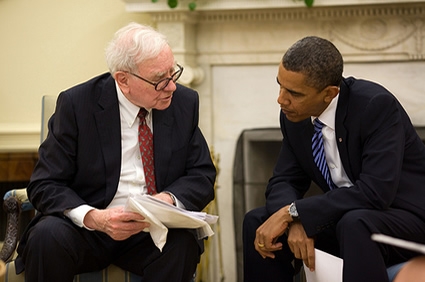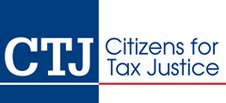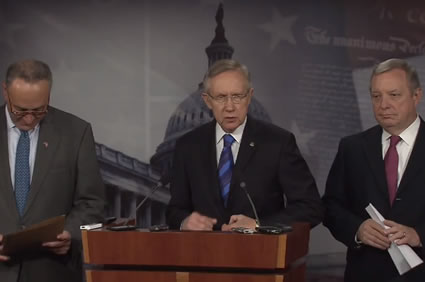November 30, 2011 05:24 PM | Permalink | ![]()
 Government spending measures are the best way to reduce unemployment, but if lawmakers insist on using tax policy instead, they should revive the Making Work Pay Credit, as some Senators have discussed recently.
Government spending measures are the best way to reduce unemployment, but if lawmakers insist on using tax policy instead, they should revive the Making Work Pay Credit, as some Senators have discussed recently.




 A change in the Medicare tax that was enacted last year as part of health care reform will take an important but limited first step towards implementing President Obama’s “Buffett Rule,” the principle that tax laws should not allow millionaires to pay a smaller percentage of their income in federal taxes than do middle-class taxpayers. To further implement the Buffett Rule, Congress could end the existing income tax preference for capital gains and dividends or enact the type of surcharge for income exceeding $1 million that Senate Democrats recently proposed.
A change in the Medicare tax that was enacted last year as part of health care reform will take an important but limited first step towards implementing President Obama’s “Buffett Rule,” the principle that tax laws should not allow millionaires to pay a smaller percentage of their income in federal taxes than do middle-class taxpayers. To further implement the Buffett Rule, Congress could end the existing income tax preference for capital gains and dividends or enact the type of surcharge for income exceeding $1 million that Senate Democrats recently proposed. Corporations are lobbying Congress to exempt their offshore profits from U.S. corporate income taxes, either permanently (by enacting a “territorial” tax system) or temporarily (by enacting a “repatriation” amnesty). Congress should reject both.
Corporations are lobbying Congress to exempt their offshore profits from U.S. corporate income taxes, either permanently (by enacting a “territorial” tax system) or temporarily (by enacting a “repatriation” amnesty). Congress should reject both. Writing for Tax Notes, Citizens for Tax Justice director Robert McIntyre recalls the role that his organization played in the process that led to the Tax Reform Act of 1986.
Writing for Tax Notes, Citizens for Tax Justice director Robert McIntyre recalls the role that his organization played in the process that led to the Tax Reform Act of 1986. If the following actions were taken, much of the inequity in our tax system, which is part of what’s driving the Occupy Wall Street and other affiliated protests, would be eliminated.
If the following actions were taken, much of the inequity in our tax system, which is part of what’s driving the Occupy Wall Street and other affiliated protests, would be eliminated.
 The National Priorities Project, working in partnership with Citizens for Tax Justice, has unveiled a new website that presents a running tally of the cost of the Bush tax cuts for the richest five percent, who now receive almost half of the total tax cuts.
The National Priorities Project, working in partnership with Citizens for Tax Justice, has unveiled a new website that presents a running tally of the cost of the Bush tax cuts for the richest five percent, who now receive almost half of the total tax cuts. Only one-fifth of one percent of U.S. taxpayers would pay the surcharge proposed by Senate Majority Leader Harry Reid to offset the costs of President Obama’s jobs bill. These figures show that in the majority of states only one-tenth of a percent of taxpayers would pay the surcharge in 2013. Only in one state would the share of taxpayers paying the surcharge exceed one percent.
Only one-fifth of one percent of U.S. taxpayers would pay the surcharge proposed by Senate Majority Leader Harry Reid to offset the costs of President Obama’s jobs bill. These figures show that in the majority of states only one-tenth of a percent of taxpayers would pay the surcharge in 2013. Only in one state would the share of taxpayers paying the surcharge exceed one percent.